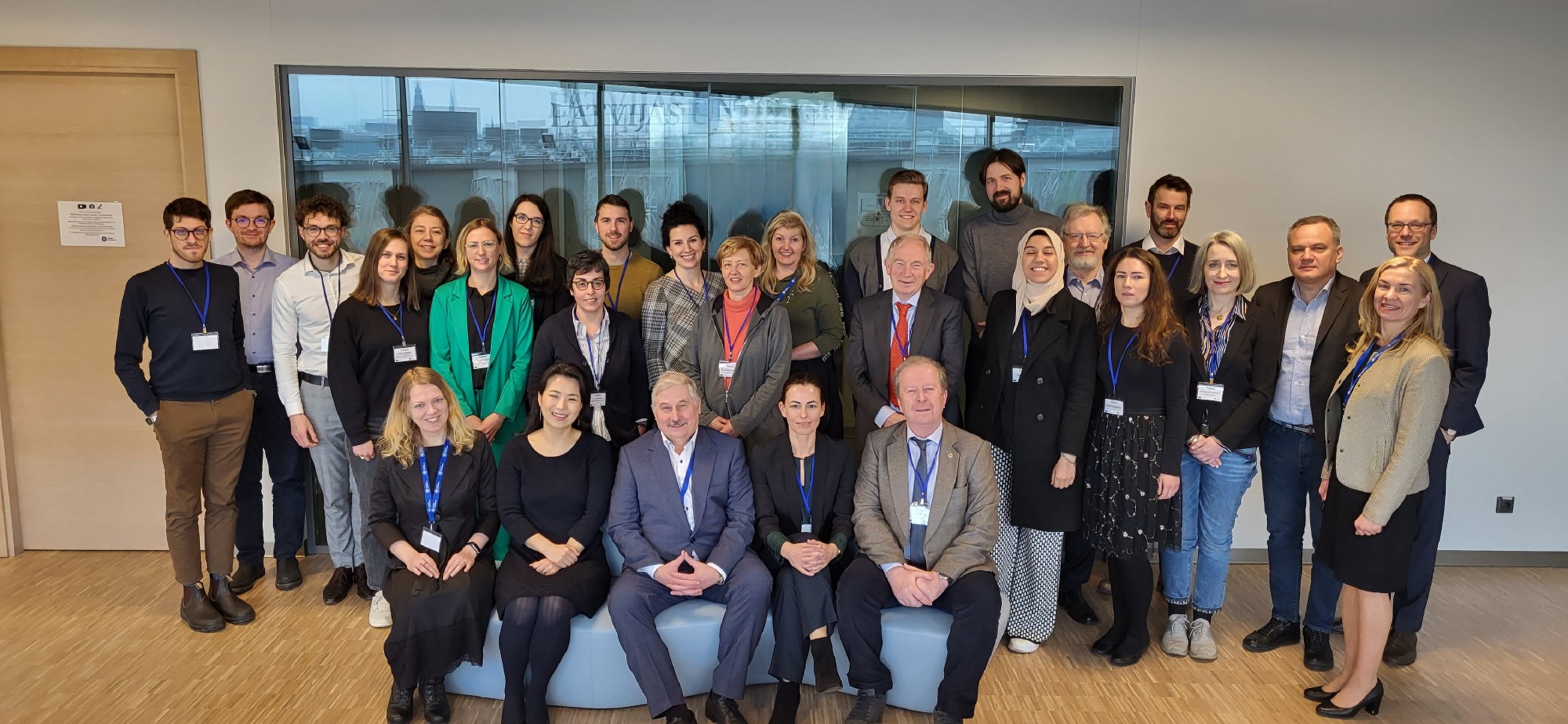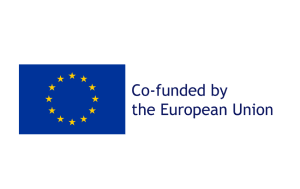TOGAS

Project Duration: March 2023 to March 2026
No effective screening modality to prevent gastric cancer is available in Europe. Elimination of helicobacter pylori bacteria is expected to decrease mortality by 40%; another early approach is the detection of precancerous lesions for surveillance. The general objective of TOGAS is to provide the missing evidence-based knowledge to be further transferred to design plans and implement appropriate gastric cancer prevention across the EU. The results from this project will aid policy makers in incorporating gastric cancer screening into their healthcare priorities while balancing its effectiveness, feasibility, and acceptability with long-term potential adverse effects.
TOGAS has three specific objectives:
- Assessment of the state of play as well as the needs of MSs and target populations in gastric cancer prevention, including information on ‘opportunistic’ screening initiatives organised in public and private settings
- Assessment of the appropriateness of various gastric cancer-screening modalities for the use in the EU
- Assuring the sustainability of the results by an effective dissemination strategy and coordination of the methodology with the approaches used within the EU, including with the European Guidelines and Quality Assurance Schemes.
The project led by University of Latvia (Latvijas Universitāte) will involve three pilot studies designed to address specific aspects of gastric cancer screening and early detection. Cost-effectiveness modelling and addressing medical ethics aspects will be an essential integral part of the project. To disseminate project results widely, TOGAS will organise three highly visible conferences inviting the key stakeholders and MS representatives, as well as a high-level conference together with other cancer screening projects. The TOGAS consortium unites 18 partners and three associated partners representing higher educational institutions, research structures, clinics, and wider CSO from 12 member states.

Funded by the European Union. Views and opinions expressed are however those of the author(s) only and do not necessarily reflect those of the European Union or European Health and Digital Executive Agency (HADEA). Neither the European Union nor the granting authority can be held responsible for them.
This project is co-funded under the EU4Health Programme 2021–2027 under grant agreement no. 101101252.